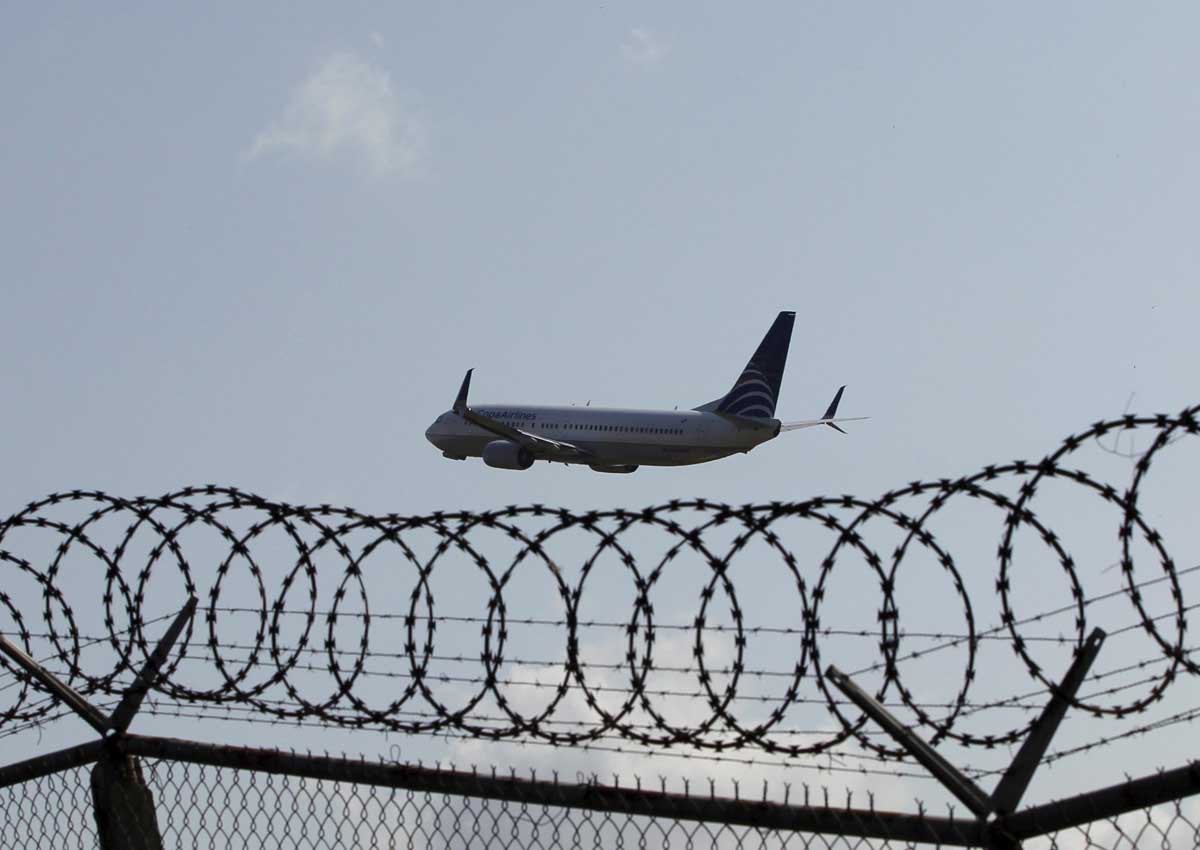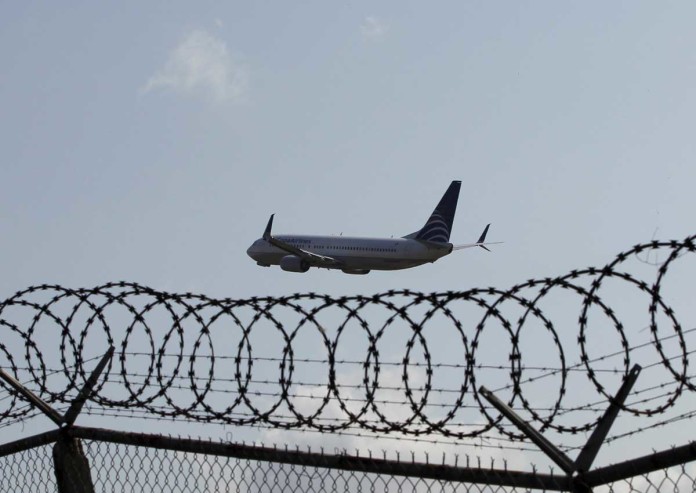BEIJING – A well-known Chinese columnist has gone missing after warning former colleagues of the danger of re-publishing an open letter calling for President Xi Jinping to resign, the journalist’s lawyer said on Thursday.
Jia Jia, who writes a regular column for Tencent Online, went missing late on Tuesday, around the time he was scheduled to board a flight from Beijing to Hong Kong, his lawyer, Yan Xin, told Reuters.
Before his scheduled departure, Jia had told friends that he believed something could happen to him after he had warned former colleagues about re-publishing the letter, Yan said.
Yan said Jia had told him that he had cautioned Ouyang Hongliang, a former colleague and an editor at the Watching news agency, after Watching had re-posted the letter.
Yan said Jia, a frequent commentator on political and social affairs, had told him that he had no connection to the letter, which was signed by a “loyal Communist party member”.
The letter was seen by Reuters on a cached page on Watching’s website. It could not be found on Watching when Reuters checked on Thursday. Reuters was also unable to reach Ouyang for comment.
The letter also circulated on Chinese social media including the WeChat messaging app before authorities apparently took it down.
Jia had planned to fly to Hong Kong, where he was sometimes based, to renew his work permit there, Yan said. Jia was due to give a lecture on the media at the Chinese University of Hong Kong on Thursday.
Family members and friends have not been able to reach him since, said Yan, who is based in Beijing.
Tencent Online did not immediately respond to a Reuters request for comment on Jia’s whereabouts.
It was unclear whether or not Jia has been taken into custody. Beijing law enforcement authorities could not be reached for comment.
His apparent disappearance comes amid mystery over five Hong Kong booksellers who dealt in gossipy books about Chinese leaders, and went missing only to resurface in Chinese custody.
President Xi has embarked on an unprecedented effort to clamp down on the Internet and censor opinions that do not fall in line with those of Communist Party leaders, including by imposing tougher penalties for “spreading rumours” via social media.
In a separate case, the Science and Technology Daily, the official newspaper of the Ministry of Science and Technology, on Wednesday published a rare rebuke of authorities’ threats against freedom of the press.
The writer of the piece, Zhang Gailun, said a government official had issued a threat for focusing on “negative issues”.
“I’ve written down your press card number. Be careful or the relevant departments will nab you,” Zhang cited the unidentified official, a delegate to the Chinese parliament’s largely ceremonial advisory body, as saying.
China sees its state-owned press as an extension of government authority and public mention of such exchanges is exceedingly rare.






